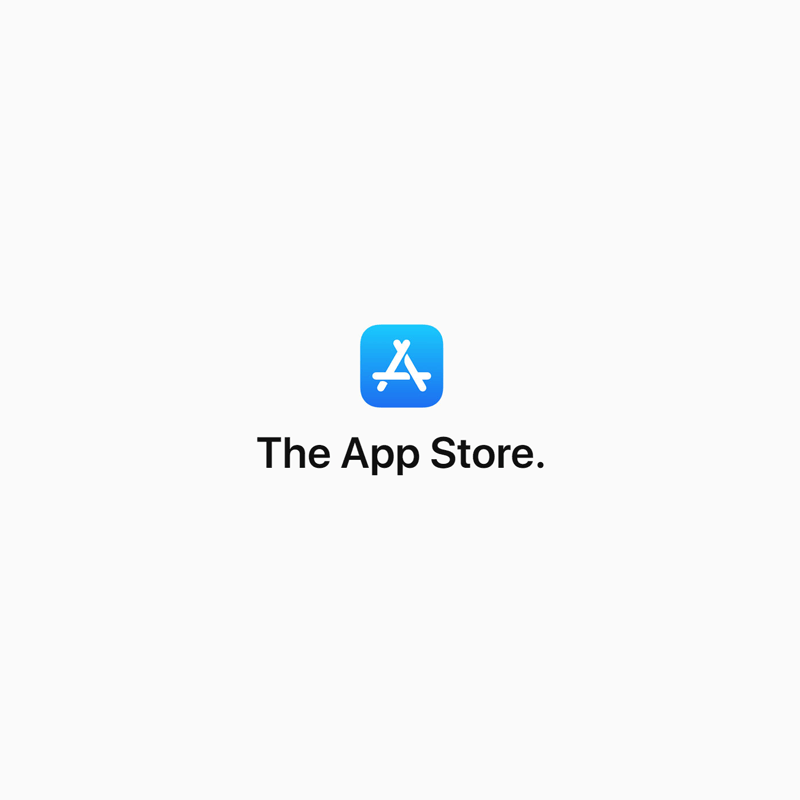
Mistakes can happen. But when a mistake is done by a big company as influential as Apple, big issues follow.
Apple markets itself, and managed to convince the world that its ecosystem is safe. Apple also boasted that its App Store's strict vetting process is its way to ensure that the app store has quality apps. But like previously said, mistake can happen, and this time, people should start questioning the tech giant.
App Store users and developers in Australia found that Apple was promoting scam apps in its App Store Preview page, which also include apps that don't seem to do anything besides tricking users into paying hefty weekly subscriptions.
In this case, one of the scam apps Apple's App Store Preview Page featured, was a Slime Relaxations app that says "Did you know that slime is therapeutic to play with? Kneading, poking and stretching that multi-colored goo can elicit instant brain and body tingles, and a sense of bliss. The downside? This gets messy real fast- counterproductive to your goal of relaxation. That's where these apps come in."
The ASMR app costs AU$13 a week, or a staggering AU$676 per year.
That much, for an app that does literally next to nothing.
The scam goes like this:
After downloading and installing the app, it will show three onboarding screens and then a paywall.
To use the app, users must tap on the unlock button, which brings up Apple's in-app payment system that states users get a free three-day trial before the payments start.
The scam here is that, it relies on users forgetting to cancel their free trial, in which Apple will automatically withdraw the subscription price for the developers.
This problem is so infuriating because the existence and proliferation of scam apps in the App Store is not surfaced often, despite the public's argument.
Apple said that a single iOS App Store is the best way to protect consumers from malicious activity.
CEO Tim Cook stated that the App Store is a “safe and trusted place:”
“We wanted to create a safe and trusted place for users to discover apps–and a means of providing a secure and supportive way for developers to develop, test and distribute apps to iPhone users globally."
"Curation has always been one of the App Store’s chief features and sources of value for our users. We held a quality department store as a model: place where customers can find a great variety of options, but can feel confident that the selection is high-quality, reliable and current.”
Apple promoting these slime apps again.
A few of them have $10+ weekly subscriptions.
One of them doesn’t even do anything.https://t.co/d0dKLCkiVF— Beau Nouvelle (@BeauNouvelle) August 4, 2021
Apple's own figures claim that it prevented $1.5 billion in fraud on its App Store in 2020, by rejecting 2 million submissions including 150,000 spam and copycat apps.
But here, the error is showing that Apple is not the safest ecosystem, simply because it doesn't offer users any other option to download apps from other than from its App Store.
This isn't the first time such issue is surfaced.
Previously, in February, a developer exposed multiple scam apps on the App Store, with some of them bringing in millions of dollars in revenue.
Then in June, it was reported that scam apps were making up almost 2% of top-grossing apps in the App Store.
While Apple is trying its best, it's essentially playing whack-a-mole with these apps, and various developers have both publicly and privately complained that the company takes too long to respond.
In other words, the issues with scam apps slipping through may undermine Apple's defense.